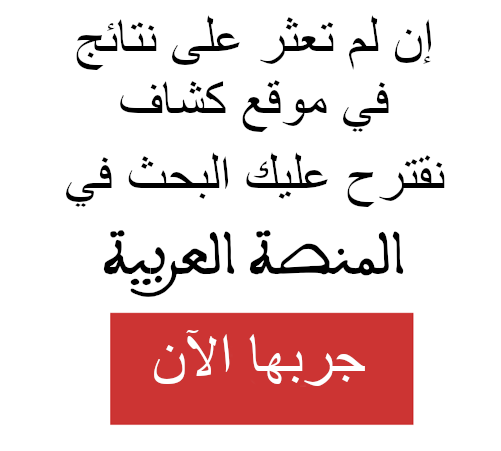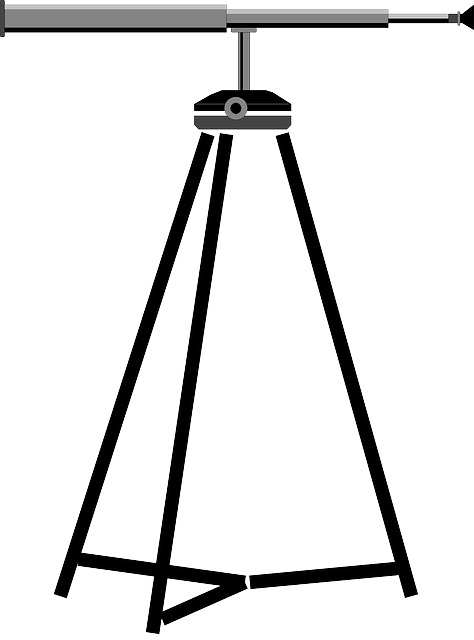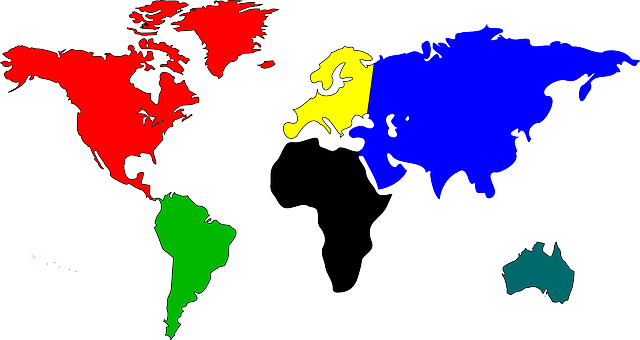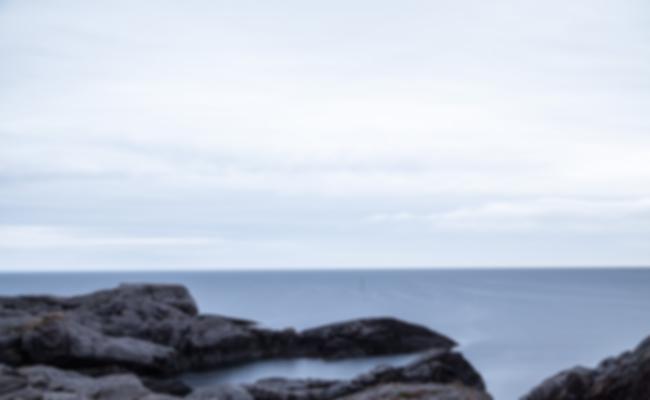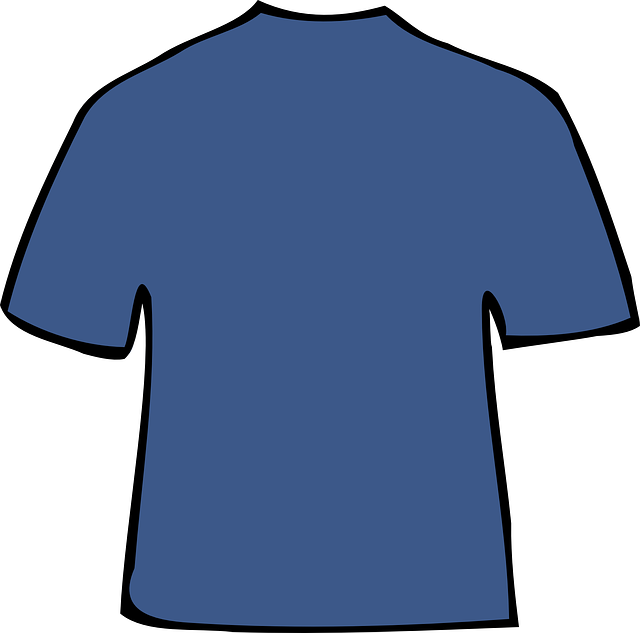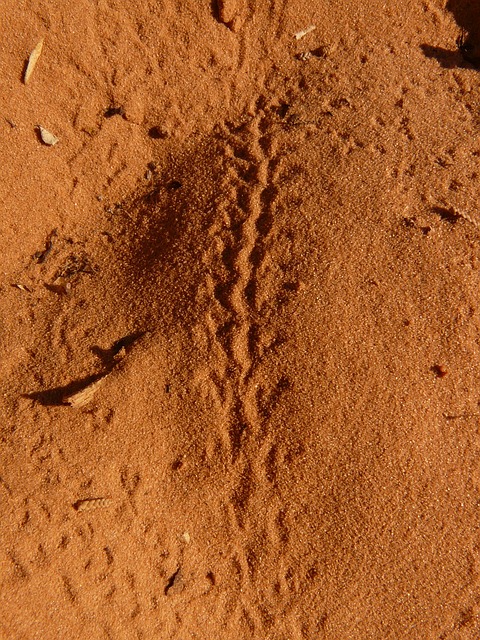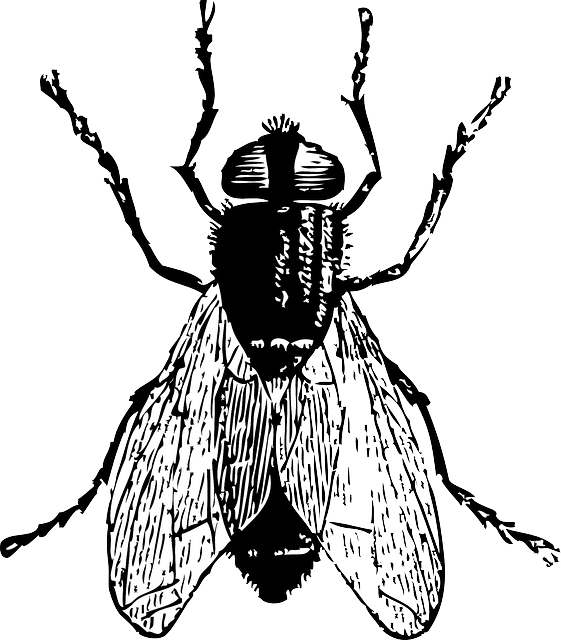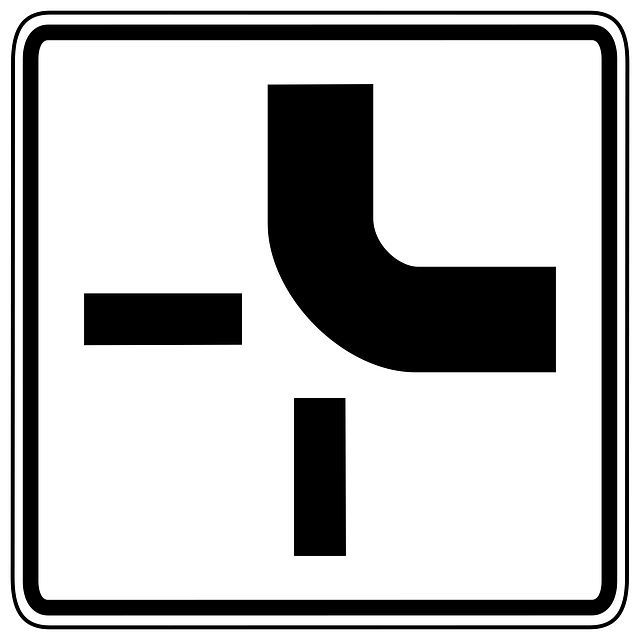قانون حماية الملكية الفكرية
| العنوان الكامل | قانون حماية الملكية الفكرية 2011 لمنع التهديدات الحقيقية على الإنترنت الخاصة بالإبداع الاقتصادي والسرقة |
|---|---|
| الاختصار | PIPA |
| الاسم الدارج | قانون مجلس الشيوخ رقم 968 |
| الذِكر | |
| التقنين | |
| التاريخ التشريعي | |
| |
| التعديلات الرئيسية | |
|
| |
| قضايا أمام المحكمة العليا ذات صلة | |
|
| |
قانون حماية الملكية الفكرية PROTECT IP Act، أو(قانون حماية الملكية الفكرية 2011 لمنع التهديدات الحقيقية على الإنترنت الخاصة بالإبداع الاقتصادي والسرقة أوPIPA)، ويعهد أيضا باسم قانون مجلس الشيوخ رقم 968 أوإس 968، هوقانون مقترح يهدف إلى إعطاء الحكومة الأمريكية وحاملوحقوق التأليف والنشر أدوات إضافية للحد من الوصول إلى "المواقع الضارة التي تروج للسلع المزيفة أوالمقلدة"، خاصة تلك المسجلة خارج الولايات المتحدة. طرحه القانون في 12 مايو2011 السناتور پاتريك ليي و11 مؤيد من الحزبيين الديمقراطي والجمهوري. حسب تقديرات مخط ميزانية الكونگرس فسوف يكلف تطبيق القانون الحكومة الفدرالية مبلغ 47 مليون دولار 2016، لتغطية نفقات الإنفاذ ولتدريب وتوظيف 22 وكيل حديث و26 من طاقم التدعيم. وافقت اللجنة القضائية في مجلس الشيوخ على مشروع القانون، لكن السناتور الديمقراطي رون وايدن placed a hold on it.
The PROTECT IP Act is a re-write of the Combating Online Infringement and Counterfeits Act (COICA), which failed to pass in 2010. A similar House version of the bill, the Stop Online Piracy Act (SOPA) was introduced on October 26, 2011.
Senate Majority Leader Harry Reid has scheduled a vote on the legislation for January 24, 2012.
المحتوى
The bill defines infringement as distribution of illegal copies, counterfeit goods, or anti-digital rights management technology. Infringement exists if "facts or circumstances suggest [the site] is used, primarily as a means for engaging in, enabling, or facilitating the activities described." The bill says that it does not alter existing substantive trademark or copyright law.
وينص مشروع القانون على "تعزيز الإنفاذ ضد المواقع المضللة العاملة والمسجلة في الخارج" ويخول لوزارة العدل الأمريكية إستصدار أحكام قضائية ضد المواقع الإلكترونية التي تروج للأنشطة المزيفة، if through due diligence, an individual owner or operator cannot be located. The bill requires the Attorney General to serve notice to the defendant. Once the court issues an order, it could be served on financial transaction providers, Internet advertising services, Internet service providers, and information location tools to require them to stop financial transactions with the rogue site and remove links to it. The term "information location tool" is borrowed from the Digital Millennium Copyright Act and is understood to refer to search engines but could cover other sites that link to content.
The Protect IP Act says that an "information location tool shall take technically feasible and reasonable measures, as expeditiously as possible, to remove or disable access to the Internet site associated with the domain name set forth in the order". In addition, it must delete all hyperlinks to the offending "Internet site".
Nonauthoritative domain name servers would be ordered to take technically feasible and reasonable steps to prevent the domain name from resolving to the IP address of a website that had been found by the court to be "dedicated to infringing activities." The website could still be reached by its IP address, but links or users that used the website’s domain name would not reach it. Search engines—such as Google—would be ordered to "(i) remove or disable access to the Internet site associated with the domain name set forth in the [court] order; or (ii) not serve a hypertext link to such Internet site."
Trademark and copyright holders who have been harmed by the activities of a website dedicated to infringing activities would be able to apply for a court injunction against the domain name to compel financial transaction providers and Internet advertising services to stop processing transactions to and placing ads on the website but would not be able to obtain the domain name remedies available to the Attorney General.
المؤيدون
المشرعون
حصل قانون حماية الملكية الفكرية على دعم من الحزبين الجمهوري والديمقراطي في مجلس الشيوخ، ورعاية مبدئية من السنتاتور الديمقراطي پاتريك ليي، وفي 17 ديسمبر 2011، بالإضافة إلى 40 سناتور.
شركات ومنظمات تجارية
The bill is supported by copyright and trademark owners in business, industry, and labor groups, spanning all sectors of the economy. Supporters include the National Cable & Telecommunications Association, the Independent Film & Television Alliance, the National Association of Theatre Owners, the Motion Picture Association of America, the Directors Guild of America, the American Federation of Musicians, the American Federation of Television and Radio Artists, the International Alliance of Theatrical Stage Employees, the Screen Actors Guild, International Brotherhood of Teamsters, Nashville Songwriters Association International, Songwriters Guild of America, Viacom, Institute for Policy Innovation, Macmillan Publishers, Acushnet Company, Recording Industry Association of America, Copyright Alliance and NBCUniversal.
The U.S. Chamber of Commerce and AFL-CIO have come together in support of the bill. In May and September 2011, two letters signed by 170 and 359 businesses and organizations, respectively—including the National Association of Manufacturers (NAM), the Small Business & Entrepreneurship Council, Nike, 1-800 Pet Meds, L’Oreal, Rosetta Stone, Pfizer, Ford Motor Company, Revlon, NBA, and Sony—were sent to Congress which endorsed the Act and encouraged the passage of legislation to protect intellectual property and shut down rogue websites. David Hirschmann of the Chamber of Commerce complained about the state of the political debate in January 2012, saying that talk of lost of freedoms and censorship "has nothing to do with the substance of the bills." Hirschmann promised "to use every tool in our toolbox to make sure members of Congress know what’s in these bills."
آخرون
Constitutional expert Floyd Abrams, representing the MPAA and related trade groups, wrote a Letter to Congress stating that the proposed PROTECT IP Act is constitutionally sound.
Daniel Castro of the Information Technology and Innovation Foundation (ITIF), a think tank funded in part by the Information Technology Industry Council and the publisher of a 2009 report titled "Steal These Policies" that formed the basis for both SOPA and PIPA, defended PIPA's predecessor bill (COICA) in March 2011, saying "nobody's talking about taking down someone's personal website because they happen to use a copyrighted photo." In January 2012 ITIF fellow Robert Bennett said that criticism of the legislation was misinformed and overblown: "[t]he critics either don't understand what the bills do or are misrepresenting what the bills do. There's sort of a hysterical climate of criticism where people are objecting to something the bills don't do and are promoting noble causes like free speech and democracy but there is not much connection between what they are complaining about and what's in the legislation."
المعارضون
المشرعون
السناتور الديمقراطي رون وايدن من اوريگون أعرب معارضته صراحة للتشريع، and placed a Senate hold في مايو2011، مشددا على الأضرار المحتملة على حرية التعبير، الإبتكار، ونزاهة الإنترنت. أعربت أيضا السناتور سكوت براون من مساتشوستس عن معارضته للتشريع ولقانون وقف القرصنة على الإنترنت المطروح في مجلس النواب. قدم المعارضون لقانون حماية الملكية الفكرية في الكونگرس، قانون بديل يسمى قانون الحماية والإنفاذ على الإنترنت للتجارة الرقمية (OPEN Act).
شركات ومنظمات
وقوبل التشريع بالمعارضة من موزيلا فاير فوكس،فيسبوك،مؤسسة الجبهة الإلكترونية،ياهو، إيباي، أمريكان إكسپرس، رديت، گوگل،مراقبون بلا حدود، هيومان رايتس واتش،ويكيپديا إنگليزية،، انسيكلوپديا[]، وآخرون. ورجال أعمال في مجال الإنترنت ومنهم ريد هوفمان من لينكد إن، إيڤان ويليامز من مؤسسي تويتر، وفورسكوير co-founder Dennis Crowley signed a letter to Congress expressing their opposition to the legislation. The Tea Party Patriots have argued that the bill "is bad for consumers". A letter of opposition was signed by 130 technology entrepreneurs and executives and sent to Congress to express their concern that the law in its present form would "hurt economic growth and chill innovation in legitimate services that help people create, communicate, and make money online". English-language Wikipedia sites will be joining other Internet sites on Wednesday, January 18, 2012 in protesting the PIPA and SOPA legislation by staging a "blackout" of service for 24 hours. Known websites performing this include some websites such as: Wikipedia, CNet, Cheezburger network sites, and many more. In order to perform this, many websites will deny access to their websites altogether.
آخرون
الأستاذ القانون مارك لملي (جامعة ستانفورد)، داڤيد س. لڤين (جامعة إلون)، وداڤيد ج. (جامعة تمپل) من المنتقدين لقانون وقف القرصنة على الإنترنت وحماية الملكية الفكرية.
ردود العمل
On January 14, 2012, White House officials posted a statement saying, "Any effort to combat online piracy must guard against the risk of online censorship of lawful activity and must not inhibit innovation by our dynamic businesses large and small", and "We must avoid creating new cybersecurity risks or disrupting the underlying architecture of the Internet."
الاعتراضات التقنية على غلق نظام أسماء النطاق وإعادة التوجيه
The bill originally contained measures which would allow the stripping of rogue websites out of the Internet’s virtual "phone book." Under what is technically known as Domain Name System (DNS) blocking, if a user entered the web address of a rogue site, it would appear the site did not exist.
According to Sherwin Siy of Public Knowledge, past attempts to limit copyright infringement online by way of blocking domains have always generated criticism that doing so would fracture the Domain Name System (DNS) and threaten the global functionality of the Internet, with this bill being no different. By design, all domain name servers world-wide should contain identical lists; with the changes proposed, servers inside the United States would have records different from their global counterparts, making URLs less universal.
Five Internet engineers, Steve Crocker, David Dagon, Dan Kaminsky, Danny McPherson, and Paul Vixie prepared a whitepaper which states that the DNS filtering provisions in the bill "raise serious technical and security concerns" and would "break the Internet", while other engineers and proponents of the act have called those concerns groundless and without merit. One concern expressed by network experts is that hackers would offer workarounds to private users to allow access to government-seized sites, but these workarounds might also jeopardize security by redirecting unsuspecting users to scam websites. Supporters of the bill, such as the MPAA, have argued that widespread circumvention of the filtering would be unlikely.
A group of Law professors, quoting Crocker's whitepaper, say that the PROTECT IP and Stop Online Piracy acts could have the opposite of the intended impact, driving users to unregulated alternative DNS systems, and hindering the government from conducting legitimate Internet regulation. They question the constitutionality of both bills, believing they could have potentially disastrous technical consequences and would make US Internet law more like those of repressive regimes. They go on to state that both bills provide "nothing more than ex parte proceedings—proceedings at which only one side (the prosecutor or even a private plaintiff) need present evidence and the operator of the allegedly infringing site need not be present nor even made aware that the action was pending against his or her 'property.' This not only violates basic principles of due process by depriving persons of property without a fair hearing and a reasonable opportunity to be heard, it also constitutes an unconstitutional abridgement of the freedom of speech protected by the First Amendment."
A browser plugin called MAFIAAFire Redirector was created in March 2011 that redirects visitors to an alternative domain when a site's primary domain has been seized. The Mozilla Foundation says that United States Department of Homeland Security (DHS) requested by phone that Mozilla remove the plugin, a request with which they have not yet complied. Instead, Mozilla's legal counsel has asked for further information from the DHS, including legal justification for the request.
The Information Technology and Innovation Foundation (ITIF) argued that concerns about the domain name remedy in the legislation were undercut by the already ongoing use of these approaches to counter spam and malware. According to Daniel Castro, an ITIF analyst, DNS blocking is practiced in several democracies without "breaking the internet", including the Netherlands, Austria, Belgium, Denmark, Finland and South Korea. ITIF's CEO compared the DNS provisions to car door locks, writing that even though they aren't foolproof they can still be useful.
On January 12, 2012, Sen. Patrick Leahy (D-VT), Chairman of the Senate Judiciary Committee, said he would be willing to remove a controversial DNS-filtering provision from the bill. "I’ve authorized my staff to tell … the other senators that I’m willing to hold that back in the final piece of legislation," Senator Leahy said. "That in itself will remove a lot of the opposition that we now have."Rep. Lamar Smith (R-TX), primary sponsor of the related House bill also expressed an intent to remove the DNS blocking provisions from SOPA.
قضايا الحريات المدنية
First Amendment scholars Laurence Tribe and Marvin Ammori raised concerns over how the Protect IP act would impact free speech, arguing that the act doesn't target just foreign rogue sites, and would extend to "domestic websites that merely ‘facilitate’ or ‘enable’ infringement. Thus, in their language, the bills target considerable protected speech on legitimate sites such as YouTube, Twitter, and Facebook." Ammori says that the Protect IP Act and the Stop Online Piracy Act "would miss their mark and silence a lot of non-infringing speech."
The bill has been criticized by Abigail Phillips of the Electronic Frontier Foundation for not being specific about what constitutes an infringing web site. For example, if WikiLeaks were accused of distributing copyrighted content, U.S. search engines could be served a court order to block search results pointing to Wikileaks. Requiring search engines to remove links to an entire website altogether due to an infringing page would raise free speech concerns regarding lawful content hosted elsewhere on the site.
Google chairman Eric Schmidt stated that the measures called for in PIPA are overly simple solutions to a complex problem, and that the precedent set by pruning DNS entries is bad from the viewpoint of free speech and would be a step toward less permissive Internet environments, such as China's. As the chairman of the company that owns the world's largest search engine, Schmidt said "If there is a law that requires DNSs to do X and it's passed by both Houses of Congress and signed by the President of the United States and we disagree with it then we would still fight it."
Constitutional law expert Floyd Abrams said, "The Protect IP Act neither compels nor prohibits free speech or communication… the bill sets a high bar in defining when a website or domain is eligible for potential actions by the Attorney General…".
Concern for user-generated sites
Opponents of the legislation warn that the Protect IP Act would have a negative impact on online communities. Journalist Rebecca MacKinnon argued in an op-ed that making companies liable for users' actions could have a chilling effect on user-generated sites like YouTube. "The intention is not the same as China’s Great Firewall, a nationwide system of Web censorship, but the practical effect could be similar", she says.[] Policy analysts for New America Foundation say this legislation would enable law enforcement to take down an entire domain due to something posted on a single blog: "Yes, an entire, largely innocent online community could be punished for the actions of a tiny minority."
قضايا الأعمال والإبتكار
A legal analysis by the Congressional Research Service (CRS) notes concerns by opponents such as American Express and Google that the inclusion of a private cause of action would result in stifled Internet innovation, protect outdated business models and at the cost of an overwhelming number of suits from content producers. "Legislation should not include a private right of action that would invite suits by 'trolls' to extort settlements from intermediaries or sites who are making good faith efforts to comply with the law," Google vice-president and Chief Counsel Kent Walker has said in Congressional testimony.
"Rogue sites jeopardize jobs for film and TV workers," according to the Motion Picture Association of America, which cites several government and independent industry studies on the effects of online piracy, including a report by Envisional Ltd. which concluded that one quarter of the content on the internet infringes copyright. The Recording Industry Association of America points to a 2007 study by the Institute for Policy Innovation which found that online piracy caused $12.5 billion dollars in losses to the U.S. economy and more than 70,000 lost jobs.
"If we need to amend the DMCA, let's do it with a negotiation between the interested parties, not with a bill written by the content industry's lobbyists and jammed through Congress on a fast track," wrote venture capitalist and Business Insider columnist Fred Wilson in an October 29 editorial on the changes that the House and Senate versions of the proposed legislation would make to the safe harbor provisions of the DMCA. "Companies like Apple, Google, Facebook, and startups like Dropbox, Kickstarter, and Twilio are the leading exporters and job creators of this time. They are the golden goose of the economy and we cannot kill the golden goose to protect industries in decline," he said. The impact of the law on small businesses and entrepreneurs may also be disproportionate due to the high costs of complying with its legal, technical and administrative requirements.
انظر أيضا
- قانون وقف القرصنة على الإنترنت
- اتفاقية مكافحة التزييف التجاري (Aدعوة للعمل)
- Commercial Felony Streaming Act (Bill S.978)
- Communications Decency Act, contains pertinent definition of "interactive computer service"
- Copyright Term Extension Act, increased the length of copyright to as much as 120 years in some cases
- PRO-IP Act, a 2008 law cited as a legal basis for Operation In Our Sites
- Trans-Pacific Strategic Economic Partnership
- Trade group efforts against file sharing
- بتر ويكيبديا 2012
المصادر
-
^ "Senate bill amounts to death penalty for Web sites". CNet. 12 May 2011. Retrieved 07 Nov 2011. Check date values in:
|accessdate=(help) - ^ "S. 968: Preventing Real Online Threats to Economic Creativity and Theft of Intellectual Property Act of 2011". GovTrack. Retrieved 22 May 2011.
- ^ CBO Scores PROTECT IP Act; The Hill; August 19, 2011
- ^ Wyden, Ron. "Overreaching Legislation Still Poses a Significant Threat to Internet Commerce, Innovation and Free Speech". Sovreign. Retrieved 28 May 2011.
- ^ "Americans face piracy website blocking". BBC. 13 May 2011. Retrieved 24 May 2011.
- ^ Stop Online Piracy Act, 112th Cong., Oct 26, 2011. Retrieved Nov 7, 2011.
- ^ Sasso, Brendan (January 16, 2011). "Wikipedia to shut down on Wednesday to protest anti-online piracy legislation". The Hill. Retrieved January 16, 2011.
- ^ "Bill Text – Protect IP Act". Govtrack.us. Retrieved 2011-12-21.
- ^ See PROTECT IP Act of 2011, S. 968, 112th Cong. § 6; "Text of S. 968," Govtrack.us. May 26, 2011. Retrieved June 23, 2011.
- ^ PROTECT IP Act of 2011, S. 968, 112th Cong. § 3(b)(1); “Text of S. 968,” Govtrack.us. May 26, 2011. Retrieved June 23, 2011.
- ^ PROTECT IP Act of 2011, S. 968, 112th Cong. § 3(c)(1); “Text of S. 968,” Govtrack.us. May 26, 2011. Retrieved June 23, 2011.
- ^ PROTECT IP Act of 2011, S. 968, 112th Cong. § 3(d)(2); @Text of S. 968,@ Govtrack.us. May 26, 2011. Retrieved June 23, 2011.
- ^ 17 U.S.C. § 512 (d).
- ^ PROTECT IP Act of 2011, S. 968, 112th Cong. § 3(d)(2)(D); "Text of S. 968," Govtrack.us. May 26, 2011. Retrieved June 23, 2011. Bill Text – Protect IP Act
- ^ PROTECT IP Act of 2011, S. 968, 112th Cong. § 3(d)(2)(A)(i); "Text of S. 968,@ Govtrack.us. May 26, 2011. Retrieved June 23, 2011.
- ^ PROTECT IP Act of 2011, S. 968, 112th Cong. § 3(d)(2)(D); "Text of S. 968," Govtrack.us. May 26, 2011. Retrieved June 23, 2011.
- ^ PROTECT IP Act of 2011, S. 968, 112th Cong. § 4(d)(2); "Text of S. 968," Govtrack.us. May 26, 2011. Retrieved June 23, 2011.
- ^ Bill Summary & Status 112th Congress (2011–2012), “S.968 Cosponsors,” Bill Summary & Status The co-sponsoring senators include: Lamar Alexander, Kelly Ayotte, Michael F. Bennet, Jeff Bingaman, Richard Blumenthal, Roy Blunt, John Boozman, Barbara Boxer, Sherrod Brown, Benjamin L. Cardin, Robert P. Casey Jr., Saxby Chambliss, Thad Cochran, Christopher A. Coons, Bob Corker, Richard Durbin, Michael B. Enzi, Dianne Feinstein, Al Franken, Kirsten E. Gillibrand, Lindsey Graham, Chuck Grassley, Kay Hagan, Orrin G. Hatch, Johnny Isakson, Tim Johnson, Amy Klobuchar, Herb Kohl, Mary L. Landrieu, Joseph I. Lieberman, John McCain, Robert Menendez, Bill Nelson, James E. Risch, Marco Rubio, Charles E. Schumer, Jeanne Shaheen, Tom Udall, David Vitter, Sheldon Whitehouse, and Jerry Moran
- ^ Spence, Kate (12 May 2011). "A Broad Coalition Indeed!". Retrieved 11 June 2011.
- ^ In Support of "Protect IP Act"; May 25, 2011
- ^ Chamber Presses Gas Pedal on IP Push; Politico – Morning Tech; September 22, 2011
- ^ Endorsement by 170 Businesses; Chamber of Commerce Global IP Center; May 25, 2011
- ^ Letter to Congress in Support of Legislation; Chamber of Commerce Global IP Center; September 22, 2011
- ^ Jenna Wortham (17 January 2012), "Protest on Web Uses Shutdown to Take On Two Piracy Bills" The New York Times
- ^ Letter from Floyd Abrams, to Chairman Leahy, Ranking Member Grassley, and Senator Hatch, (May 23, 2011), Letter of Support (accessed June 23, 2011)
- ^ (15 December 2009) Steal These Policies: Strategies for Combating Digital Piracy Information Technology and Innovation Foundation
- ^ Nate Anderson (March 2009), Why the US needs to blacklist, censor pirate websites Ars Technica
- ^ Carolyn Lochhead, (16 January 2012) Debate over Internet piracy legislation heats up San Francisco Chronicle
- ^ "Wyden Places Hold on Protect IP Act". wyden.senate.gov. May 26, 2011.
- ^ "Senator Brown Says He'll Vote 'No' on Anti-Piracy Bills". Retrieved 17 January 2012.
- ^ Sasso, Brendan (December 19, 2011). "Sen. Wyden pushes anti-piracy alternative". Hillicon Valley. The Hill. Retrieved December 21, 2011.
- ^ "SOPA vs PIPA vs OPEN". KeepTheWebOpen.com. Retrieved December 21, 2011.
- ^ "Letter of concern" (PDF).
- ^ Phillips, Abigail. "The "PROTECT IP" Act: COICA Redux". Retrieved 22 May 2011.
- ^ Gaitonde, Rahul (May 27, 2011). "Senate Committee Passes PROTECT IP Act But Wyden Issues Quick Halt". Broadband Breakfast. Retrieved May 28, 2011.
- ^ The Undersigned (2011), Public Interest Letter to Senate Committee on the Judiciary in Opposition to S. 968, PROTECT IP Act of 2011, pp. 1–2, http://www.publicknowledge.org/files/docs/Publicinterest%20968letter.pdf, retrieved on 2011-05-30
- ^ "English Wikipedia anti-SOPA blackout". Retrieved 2012-01-17.
- ^ Tech Entrepreneurs Oppose Online Copyright Bill; The Hill; September 8, 2011
- ^ Tea Party Group Slams Online Copyright Bill; The Hill; September 26, 2011
- ^ Opinion File pdfs; Los Angeles Times; September 4, 2011
- ^ Wikipedia to join Web blackout protesting SOPA; CNet; January 16, 2012
- ^ Lemley, Mark; Levine, David S.; Post, David G. (December 19, 2011). "Don't Break the Internet". Stanford Law Review. Retrieved December 21, 2011.
-
^ Espinel, Victoria; Chopra, Aneesh; Schmidt, Howard (14 January 2012). . White House. Archived from the original. You must specify the date the archive was made using the
|archivedate=parameter. https://wwws.whitehouse.gov/petitions#!/response/combating-online-piracy-while-protecting-open-and-innovative-internet. - ^ Phillips, Mark (14 January 2012). "Obama Administration Responds to We the People Petitions on SOPA and Online Piracy". White House Blog. Retrieved 2012-01-14.
- ^ Wyatt, Edward (14 January 2012). "White House Says It Opposes Parts of Two Antipiracy Bills". NYTimes. Retrieved 2012-01-15.
- ^ Thomas, Ken (14 January 2012). "White House concerned over online piracy bills". Associated Press. Retrieved 2012-01-14.
- ^ "SOPA protests to shut down Web sites" The Washington Post January 17, 2012
- ^ Siy, Sherwin. "COICA v. 2.0: the PROTECT IP Act". Policy Blog. Public Knowledge. Retrieved 24 May 2011.
- ^ Senate Panel Approves Controversial Copyright Bill; PC World; May 26, 2011
- ^ PROTECT IP Technical Whitepaper; May 12, 2011
- ^ Debunking DNS Filtering Concerns; High Tech Forum; June 24, 2011
- ^ New tools to combat thieves online; The Daily Caller; October 25, 2011
- ^ Engineers: Protect IP Act would break DNS; PC World - Australia; July 15, 2011
- ^ David Kravets (2011-05-31). "Internet Researchers Decry DNS-Filtering Legislation". Wired.com.
- ^ Declan McCullagh (2011-06-07). "Protect IP copyright bill faces growing criticism". CNet News.
- ^ Stopping the Pirates Who Roam the Web; The New York Times; June 17, 2011
- ^ Mozilla fights DHS over anti-MPAA, RIAA utility; CNET News; May 6, 2011
- ^ Hearings Before the Committee on Judiciary Subcommittee on Intellectual Property, Competition, and the Internet; Page 10; March 14, 2011
- ^ Internet Bill Could Help Hackers, Experts Warn; NationalJournal; July 14, 2011
- ^ Gruenwald, Juliana (12 January 2012). "Leahy Offers Major Concession On Online Piracy Bill". National Journal. Retrieved 2012-01-13.
- ^ Comment Of Senator Patrick Leahy On Internet Service Providers And The PROTECT IP Act; Press Release - Leahy; January 12, 2012
- ^ Kravets, David (12 January 2012). "Rep. Smith Waters Down SOPA, DNS RedirectsOut". Wired (magazine). Retrieved 2012-01-12.
- ^ Ammori, Marvin (8 December 2011). "Controversial Copyright Bills Would Violate First Amendment–Letters to Congress by Laurence Tribe and Me". Marvin Ammori and Friends. Retrieved 2012-01-08.
- ^ Ammori, Marvin (15 December 2011). "Should Copyright Be Allowed to Override Speech Rights?". The Atlantic. Retrieved 2012-01-08.
- ^ Halliday, Josh (18 May 2011). "Google boss: anti-piracy laws would be disaster for free speech". The Guardian. Retrieved 24 May 2011.
- ^ James Losey & Sascha Meinrath (December 8, 2011). "The Internet's Intolerable Acts". Slate Magazine. Retrieved 2011-12-11.
- ^ Brian Yeh, Jonathan Miller (July 7, 2011), A Legal Analysis of S. 968, the PROTECT IP Act, Congressional Research Service, http://www.fas.org/sgp/crs/misc/R41911.pdf
- ^ Nate Anderson (April 6, 2011), Google: don't give private "trolls" Web censorship power, http://arstechnica.com/tech-policy/news/2011/04/google-private-web-censorship-lawsuits-would-create-trolls.ars
- ^ Technical Report: An Estimate of Infringing Use of the Internet; Envisional Ltd.; January 26, 2011
- ^ Rogue Websites; Motion Picture Association of America; March 30, 2011
- ^ Industry Reports; Motion Picture Association of America; March 30, 2011
- ^ The Cost of Content Theft by the Numbers; Motion Picture Association of America
- ^ Executive Summary; Institute for Policy Innovation;
- ^ "Who Music Theft Hurts". Recording Industry Association of America. Retrieved December 21, 2011.
- ^ Scope of the Problem; Recording Industry Association of America
- ^ Fred Wilson (October 29, 2011), Protecting The Safe Harbors Of The DMCA And Protecting Jobs, http://articles.businessinsider.com/2011-10-29/tech/30338451_1_online-piracy-negotiation-dmca
- ^ Jon Radoff (January 17, 2012), "PIPA and SOPA: Bad for Business", http://radoff.com/blog/2012/01/17/pipa-sopa-bad-business/, retrieved on January 17, 2012
وصلات خارجية
- Text of the bill – GovTrack
- Bill S.968 Bill summary & Statistics – Thomas
- Original PDF and mirror
- Cost estimate by the CBO

